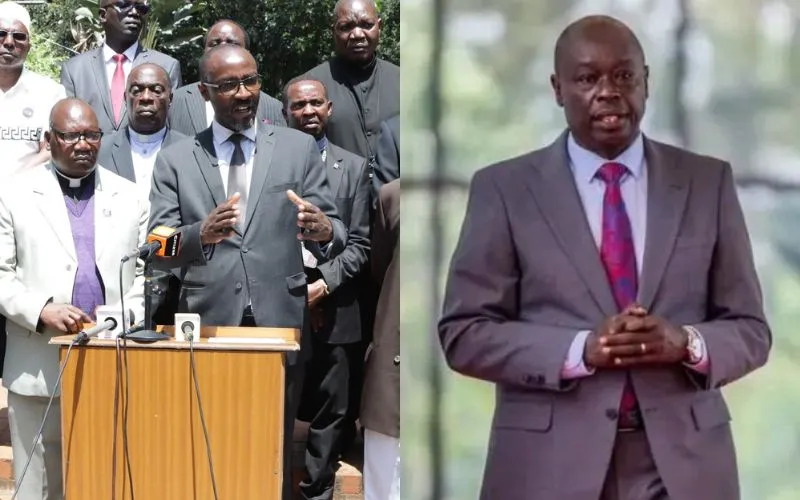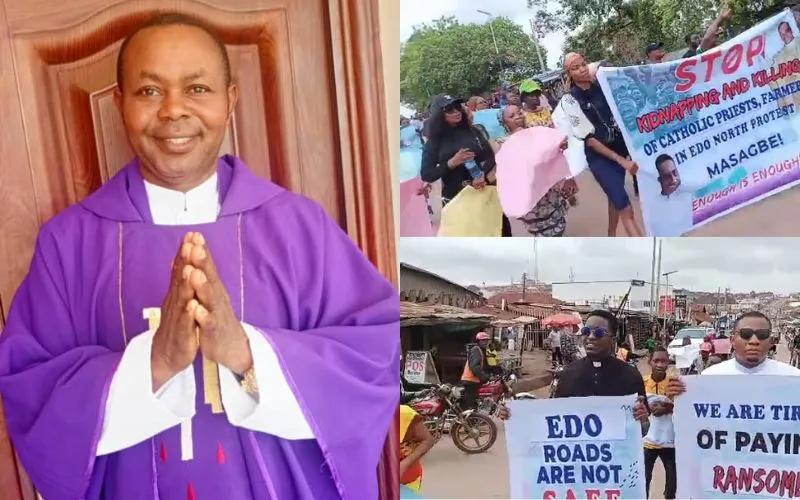Aboard the papal plane, 18 October, 2024 / 9:29 pm (ACI Africa).
Kenyan lawmakers have impeached the country’s Deputy President, Rigathi Gachagua, in one of the most historic ousters in the East African country.
The Thursday, October 17 impeachment comes only a day after the Kenya Conference of Catholic Bishops (KCCB) and other religious leaders in the country appealed for calm at the height of the impeachment process.
In their Wednesday, October 16 statement, the religious leaders who also included the National Council of Churches of Kenya (NCCK), and the Supreme Council of Kenya Muslims (SUPKEM) said, “We urge the people of Kenya to remain peaceful regardless of the outcome of the impeachment process.”
Kenyan Senators concluded the impeachment process of Gachagua with 53 out of 66 members of Senate voting to uphold the charges that had been leveled against him.
This marks the first time a Deputy President has faced an ouster in such a manner in the history of Kenya.








